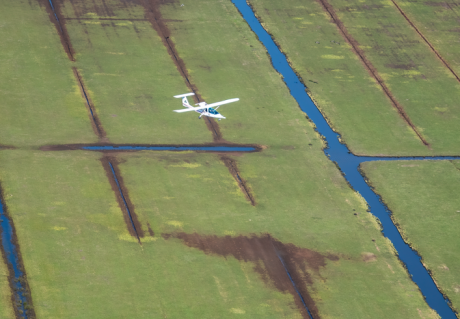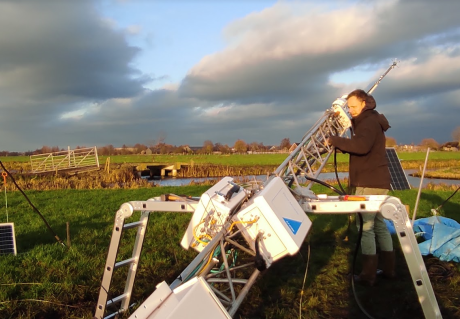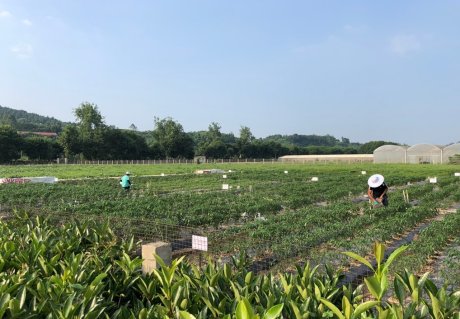
Land based Mitigation and Adaptation
Water plays a vital role in land based mitigation and adaptation of climate change. Growth of natural vegetation and crops and soil organic matter decomposition are limited by water availability in many parts of the world, constraining the carbon sequestration potential of terrestrial ecosystems, both natural and agricultural.
In a major project we study the interaction between water management and greenhouse gas (GHG) emissions from organic soils in Dutch fen meadow landscapes. Evaporative cooling by vegetation can reduce local climate warming more directly, controlled by both the amount of vegetation and the water availability, making it a potential adaptation option. In multiple projects, we study the climate effects of land restoration efforts worldwide, both through the evaporation and GHG linkages. Adaptation to water and heat stress in crops also builds on the same expertise, and we use crop models to study the effect of especially climate variability to develop early warning systems and to contribute to more climate smart agriculture.
In this research theme we do observations of greenhouse gas emissions and energy partitioning, remote sensing based analysis of vegetation status and associated climate parameters, and data driven and process based modelling.








